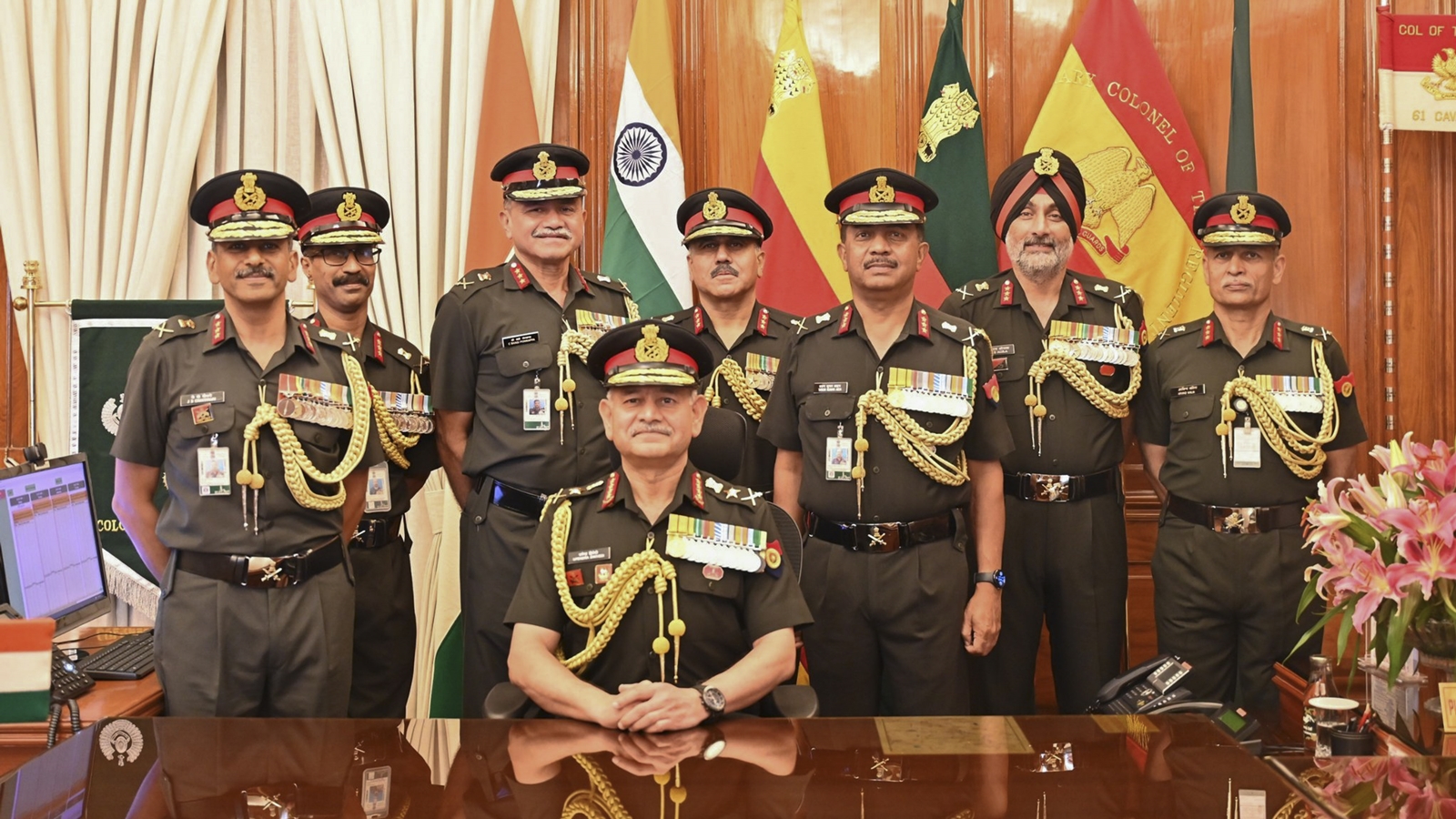He succeeds Gen. Manoj Pande, who was appointed Vice Chief in February and had his term unexpectedly extended by one month. In light of the quickly shifting geopolitical scene, Gen. Dwivedi has called for a quicker adoption of new technologies and a stronger emphasis on independence.
He has assured the Army’s capacity and readiness while acknowledging the particular security challenges. The Army Chief’s primary focus would be on addressing the surge in terror attacks in the Jammu region while the standoff with China along the Line of Actual Control in eastern Ladakh continues. As the commander of the Northern Army, he had made significant deployment adjustments in the Pakistani border region.

Source: The Indian Express
Plans for theaterization and structural changes, which are under the Chief of Defence Staff’s supervision, are still being developed. It makes sense that intricate consultative processes take time. Making sure there is no coerced compliance is crucial. The anticipated cooperation between the Army, Air Force, and Navy must flow naturally from a common set of objectives. The role of the Service Chiefs becomes crucial in making it a reality.
Political circles are responding favourably to calls for a larger share of Agniveer retention at the end of four years, especially because it has just emerged as a significant election topic. We’ll be closely observing how Gen. Dwivedi responds to complaints about the Agnipath recruitment strategy.
Source: CNBC- TV18
After graduating from the Sainik School in Rewa, Madhya Pradesh, in 1984, Gen. Dwivedi was commissioned into the Jammu and Kashmir Rifles. He attended school with Navy Chief Admiral Dinesh Tripathi. That is a consoling coincidence for the brotherhood of the armed services.
What do you think about this? Comment below.

